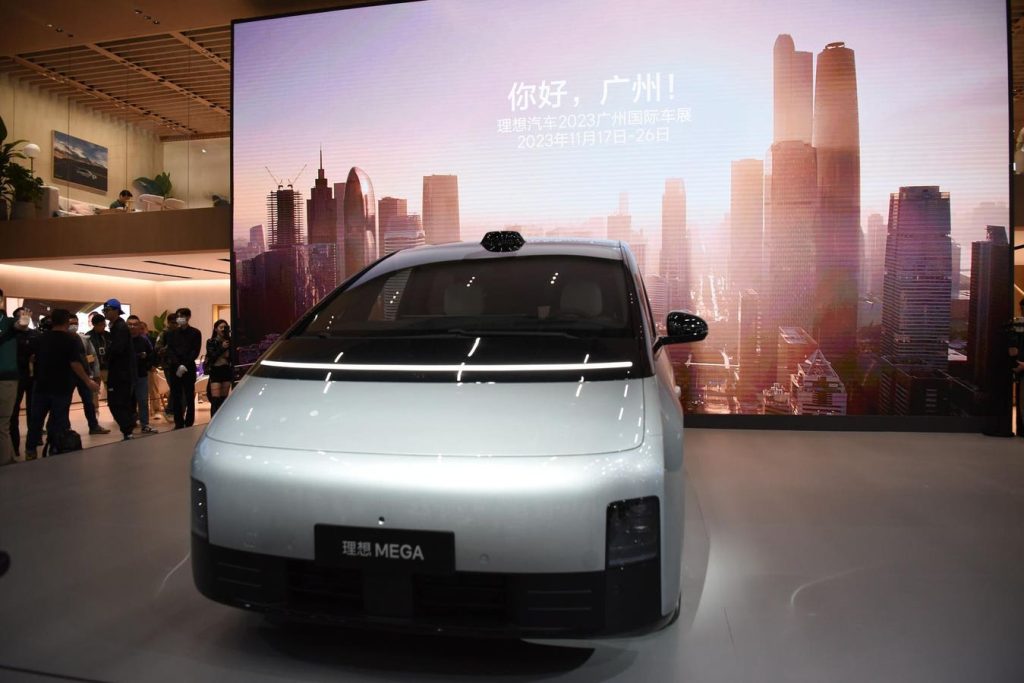Chinese electric vehicle maker Li Auto’s founder Li Xiang has seen his $10 billion wealth drop almost in half in just over a month due to aggressive discounts, a lackluster product launch, and broader market volatility, causing investors to reassess the company’s outlook. His fortune, based on a company stake, now stands at $6.1 billion. Shares of Li Auto, listed on the Nasdaq and Hong Kong’s Hang Seng Index, have plummeted over 40%, with the EV industry experiencing challenges and global market turmoil.
Industry leader Tesla’s troubles and escalating tensions in the Middle East have contributed to the challenges in the EV market, with investors pulling back from riskier assets like technology and EV stocks. Li Auto has been compelled to engage in a price war after a disappointing response to its latest model. Following Tesla’s price cuts in China, Li Auto reduced the prices of its older models by up to 5%. Investors are concerned that aggressive cuts may impact the company’s gross profit margin, which could dip below 20% in the second quarter of the year.
The launch of Li Auto’s highly anticipated Li Mega seven-seater MPV in March failed to make a significant impact due to design issues and high prices, starting at 559,800 yuan. Li Xiang acknowledged mistakes in the operating strategy of Li Mega, which led to a lowering of the delivery outlook for the first quarter. The introduction of the hybrid L6 SUV faced tough competition, as Li Auto decided to broaden its product line-up with a smaller, more affordable model. Competitors like Aito, backed by Huawei, have unveiled direct competitors to Li Auto’s newer models with extended range technologies.
Li Auto’s delivery target for the year has reportedly been revised down to 560,000 to 640,000 cars from 800,000 vehicles, with projections suggesting the company may deliver around 600,000 vehicles for the year. Analysts anticipate the industry’s price war to continue as long as production exceeds demand. Despite the challenges faced by Li Auto, the billionaire founder remains focused on selling cars by making them more affordable and competitive in the market. The company’s ability to navigate the evolving EV landscape and meet changing consumer demands will be crucial for its future success.


